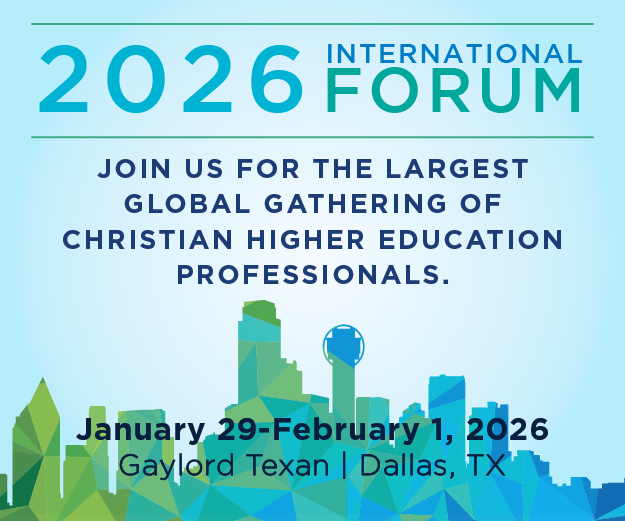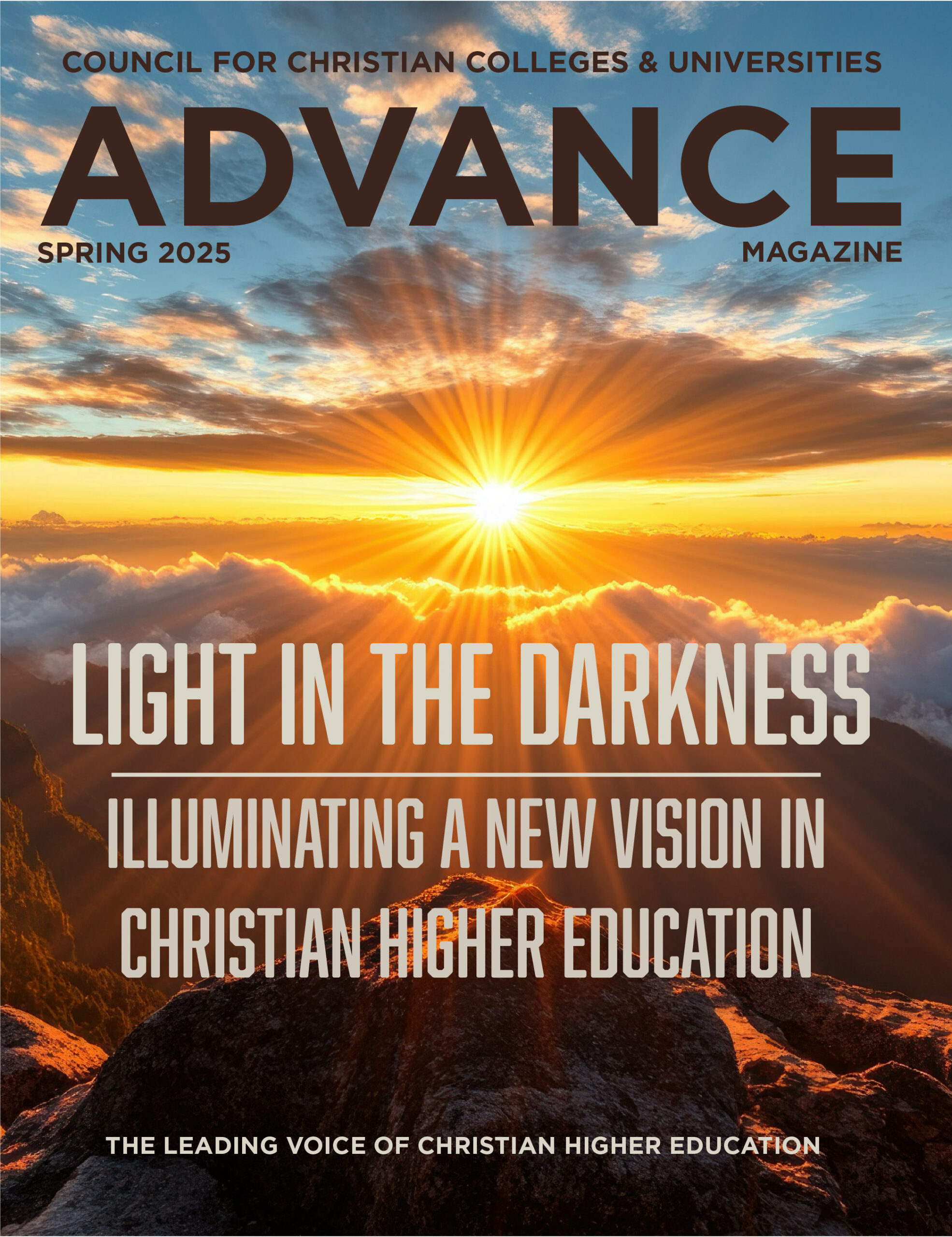Magazine
The 500th anniversary of the Reformation has inspired both celebration of its contributions and sober reflection on its lasting legacy of division among evangelical Protestants. The question arises: Can Protestants truly claim to be a part of the “one holy catholic and apostolic church”? Some have responded by accentuating a “Mere Protestant” theology, uniting diverse theological and ecclesial traditions around core beliefs. Others have tried to identify biblical, theological, historical, and ecclesial resources within their tradition to help bridge the divide among evangelical communities. Divided We Fall, by former Reformed Theological Seminary president Luder Whitlock, is part of the latter category. In his adroit identification of the challenges to the oneness of Christ’s body, he offers steps to overcome its divisions, with application to Protestant churches and institutions.
Whitlock begins by describing the unity and diversity of the church in God’s plan of redemption. He then rehearses Reformed Protestantism’s historically consistent recognition of the church’s oneness in doctrinal and confessional statements, in spite of strong internal disagreements. These disagreements, however, grew over the centuries, leading to schisms and sectarianism. Whitlock then highlights failed efforts among American Presbyterians to heal these breaches.
With this background, Whitlock moves to the book’s strongest, most helpful section: identifying specific challenges facing Christian unity in the Reformed Presbyterian context. He starts with problems arising from lack of focus on church unity. First is the impediment of “benign neglect”: Churches affirm the importance of unity, but do little about it. Second is the “tyranny of the urgent.” Myopic attention given to internal health too often consumes a church’s energy and resources, leaving little to spend on the larger body. Third, organizational shifts and changing ecclesial culture, especially acute in local church and denominational mergers, can debilitate and erode unity.
Next, Whitlock examines problems caused by disagreements among Christians. First is the challenge of differing generational and cultural perspectives. When navigated with wisdom, these can be beautiful expressions of diversity, but they can become polarizing when not handled well. Second is the constant test of theological differences; the more important a theological point is to a group, the more likely division will occur over disagreement. Finally, and relatedly, is the hurdle of churches drawing “too fine a line” between essential and secondary matters of doctrine and social practice. Because theological traditions place boundaries in different places, divisions occur. Churches need to move toward a new “centered set” paradigm, where they identify core commitments, rather than focus on drawing hard lines of inclusion or exclusion.
Whitlock concludes by offering spiritual and practical advice on the non-negotiable work of church unity. Unfortunately, this is the weakest contribution of his book, plagued by needless repetition and failure to capitalize on key earlier insights. Whitlock argues that Christian unity begins when churches and theological traditions love one another as God loves. Without a context of mutual welfare and concern for the other side, Christian communities flounder in relationship with each other. Trust must be built through time spent with one another, engaging in conversation founded upon empathetic listening and a commitment to address areas of polarization. True Christian unity, however, cannot happen apart from the Holy Spirit, who knits the church together. Daily prayer and reliance on the Spirit must saturate the entirety of this work.
Despite weaknesses, Whitlock’s Divided We Fall offers a model for fostering church oneness. If evangelicals are going to address constructively their history of disunity, then each theological community must critically reflect upon its history, recognize and repent of its specific contribution to division, draw upon its unique doctrinal and spiritual resources for church unity, and commit to overcome internal and external ecclesial strife.
More specifically, this type of reflective and constructive theological work is critical for institutions in the CCCU as it faces threats to its broad evangelical unity. Trustees and administrations would do well to examine and wrestle with the challenges to unity identified by Whitlock and to draw upon his salient and applicable advice. Without the prioritization of such institutional thought, it will be increasingly difficult to make progress navigating the troubled waters of Christian higher education.
Christopher T. Bounds is Wesley Scholar in Residence and professor of theology at Asbury University in Wilmore, Kentucky.



